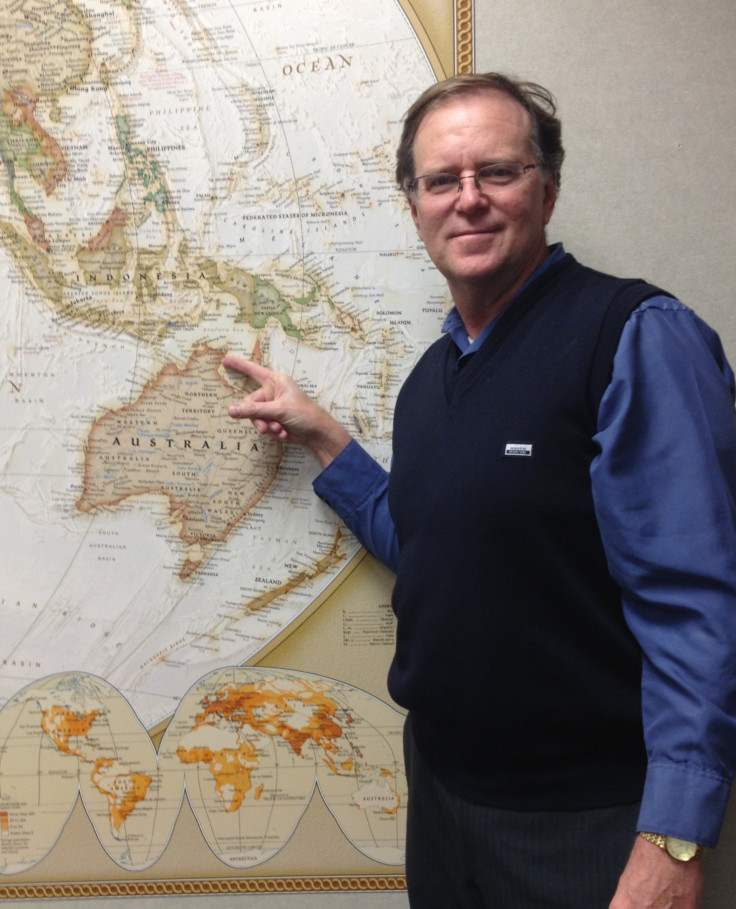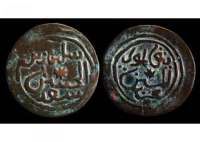African Coins Found In Australia: 1,000-Year-Old Discovery May Rewrite Country's History, Was James Cook The First'? [PHOTO]


Australians may need to rewrite their history textbooks.
A new archaeological expedition may prove that the continent may have been discovered earlier than previously thought. Ian McIntosh, professor of anthropology at Indiana University, says he plans on visiting the location where five African coins were found in Australia’s Northern Territory in 1944 that have proven to be 1,000 years old, AAP reports.
“Multiple theses have been put forward by noted scholars, and the major goal is to piece together more of the puzzle. Is a shipwreck involved? Are there more coins? All options are on the table, but only the proposed expedition can help us answer some of these perplexing questions,” McIntosh said in a statement.
The coins were found by Maurie Isenberg, an Australian soldier stationed on Australia’s uninhabited Wessel Islands during World War II. In 1979, Isenberg had the coins identified by a museum who confirmed they were 1,000 years old and marked a map with an ‘X’ to remember where he found them.
The coins had been relatively forgotten for some time until McIntosh decided to spearhead an archaeological dig in the long-abandoned Wessel Islands – the first-ever since the coins’ discovery.
The expedition will seek to answer the question of how the coins came to the Australian outback and whether British explorer James Cook was one of the first to discover the "terra nullius" in 1770.
McIntosh points to shipwrecks as a possible answer as to the origins of coins in the Australian outback. The islands lie on a popular ancient trading route that linked East Africa, Arabia, India and the Spice Islands. Four of the nine coins discovered belong to the Dutch East India Company.
The five remaining coins date back from the 900s to the 1300s and come from Kilwa Sultanate, now a World Heritage ruin south of Zanzibar, in Tanzania. Besides Africa and Australia, the coins have only been spotted in Oman.
© Copyright IBTimes 2024. All rights reserved.






















